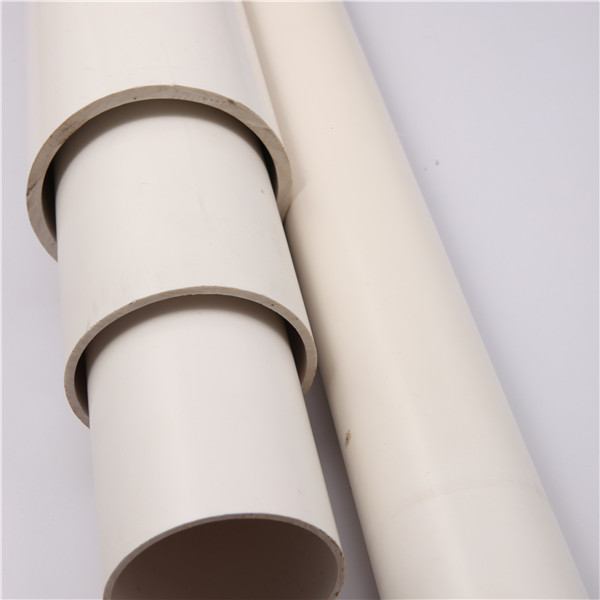Aug . 29, 2024 17:48 Back to list
High-Density Polyethylene (HDPE) Poly Pipe - Durable and Reliable Piping Solutions
The Benefits and Applications of HDPE Poly Pipe
High-Density Polyethylene (HDPE) pipes have made a significant impact across various industries due to their durability, flexibility, and resistance to corrosion. Widely known for their applications in water distribution, telecommunications, and construction, HDPE pipes offer a myriad of advantages that make them a preferred choice over traditional piping materials.
One of the most notable features of HDPE poly pipes is their high resistance to chemical corrosion. Unlike metal pipes that can rust or degrade in harsh environments, HDPE pipes maintain their integrity even when exposed to acidic or alkaline substances. This characteristic makes them particularly suitable for agricultural applications where fertilizers and other chemicals may be present in the irrigation systems.
The Benefits and Applications of HDPE Poly Pipe
The longevity of HDPE piping is another significant advantage. HDPE pipes have a lifespan that can exceed 50 years when installed correctly, which reduces the frequency of replacements and maintenance. This characteristic not only saves costs in the long run but also minimizes the environmental impact associated with pipe production and disposal.
hdpe poly pipe

Furthermore, HDPE pipes are well-known for their capability to withstand extreme temperatures. They maintain performance in both hot and cold environments, making them versatile for various applications, from cold-water supply systems to geothermal energy systems. This temperature resilience ensures that they can be used effectively in diverse geographical locations.
Another essential aspect of HDPE poly pipes is their smooth interior surface, which minimizes friction and maximizes flow rate. This feature is particularly advantageous for systems that require efficient transport of liquids, such as sewage and stormwater management. Enhanced flow efficiency can lead to reduced energy consumption in pumping systems, contributing to more sustainable practices.
In terms of environmental impact, HDPE is fully recyclable, which aligns with increasing global demands for sustainable materials. The recyclability of HDPE means that when pipes reach the end of their lifecycle, they can be reprocessed and repurposed, thereby reducing waste in landfills.
In conclusion, HDPE poly pipes stand out as a superior piping solution due to their numerous benefits—including resistance to corrosion, longevity, flexibility, and environmental sustainability. As industries continue to seek more efficient and eco-friendly materials, HDPE pipes are poised to remain a leading choice for a wide range of applications, from municipal water supply to agricultural irrigation systems. Their innovative design and robust performance reflect the future of piping technologies.
-
Premium CPVC Sheet: High-Temp & Chemical Resistant Solutions
NewsAug.15,2025
-
Durable PPR Pipe for Hot & Cold Water Systems - Easy Install
NewsAug.14,2025
-
Durable HDPE Sheet | Versatile & Impact-Resistant Plastic
NewsAug.13,2025
-
Premium PVC Soft Sheets: Clear, Flexible & Durable
NewsAug.12,2025
-
Premium PVC Round Rods: Durable, Chemical Resistant, Easy to Machine
NewsAug.11,2025
-
PP U-channel: Chemical-Resistant, Lightweight & Durable
NewsAug.10,2025

